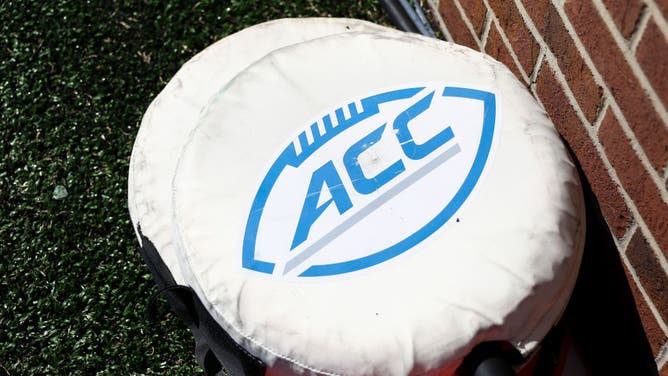ACC Agreement With Florida State, Clemson Provides New Revenue Model, Exit Fee Reduction
After a few years of battling in a courtroom over revenue distribution, along with the financial ramifications of exiting the conference, we now have some clarity on what it would cost teams like Florida State and Clemson to get out of its agreement with the ACC.
The ongoing battle between these schools and the conference has finally come to an end, for now. After arguing over revenue and exit fees, with multiple lawsuits filed, all parties agreed to numerous details that would benefit top-tier programs in the ACC, which included how much money schools would need to pay if they decided that it was time to bolt for another conference in the coming years.
Obviously, this has been a hot-button topic, with lawyers from multiple schools combing over the ‘Grant of Rights’, hoping to get a firm number on what the price would be to leave. There was also the topic of revenue distribution that would entice schools like Florida State and Clemson to stay in the ACC for the foreseeable future.
When it comes to getting a bigger piece of the revenue pie, all parties agreed to a new model that would see schools rake in additional revenue based on criteria surrounding television ratings.
At the forefront of the arguments by FSU and Clemson were the financial ramifications of a television deal with the ACC, along with getting a bigger share of the pie when it came to payouts to conference members. Seeing schools from the Big Ten and SEC rake in nearly twice what schools from the ACC were making left a sour taste in the mouth of administrators of both prominent schools.
In terms of an exit fee, this is a massive win for schools looking to leave the conference over the next five to six years.
Florida State, Clemson Agree To Settle Lawsuits. Exit Fees Decreased
On Tuesday, both schools, along with the ACC, agreed to a new exit fee structure. It will be $165 million to exit during the 2026 fiscal year, decreasing by $18 million per year until 2030, where it will be a flat rate of $75 million to leave the conference.
This is obviously a massive move for schools within the conference that want to move on, if warranted.
In terms of revenue distribution, schools will split 40 percent of its television revenue among the fourteen conference members, while the remaining 60 percent will be distributed based upon television ratings.
This means that schools like Florida State and Clemson could see an additional $120 million in profit over the next six years, which could put them in the same stratosphere as teams from the SEC and Big Ten, or at least close to it.

ACC Agreement With Florida State, Clemson Provides New Revenue Model, Exit Fee Reduction (Photo by Isaiah Vazquez/Getty Images)
While one of the main topics of this whole litigation centered around how much money schools in the ACC could make, in addition to their current contract, the agreement now presents multiple opportunities for top-tier programs who draw massive ratings to see an increase in their yearly income from the conference.
Regarding the exit fees, this will be looked at as the biggest win. Over the past few years, there have been figures of up to $400 million being discussed when it comes to leaving the conference. Now, with this structured payment plan, the year 2030 will be something to watch, especially with a buyout that decreases to $75 million.
All of this lines up for certain schools to entertain the idea of moving on from the ACC, at a reasonable cost, which was a key part of this whole litigation.
Now that all sides have agreed to drop their lawsuits, we can now look towards the future, and what that might look like for certain schools that are potentially on the way out.